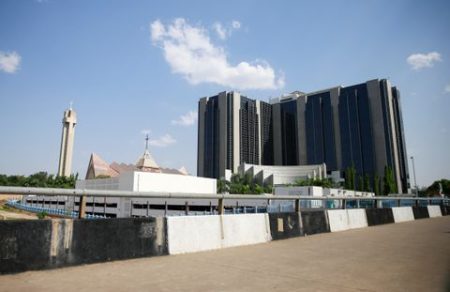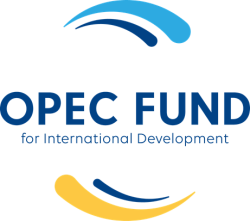
*Urges patronage of locally made goods
26 March 2015, Abuja – Faced with low oil revenue and high demand for foreign exchange, the federal government has taken steps to source $2 billion from the World Bank and the African Development Bank, ADB, to assist in the implementation of its policies and programmes this year. The nation’s foreign reserve now stands at about $30 billion in an economy that has been facing high dollar demand and low foreign exchange inflow.
The Coordinating Minister for the Economy and Minister of Finance, Dr. Ngozi Okonjo-Iweala, said during an interactive session with journalists in Abuja, yesterday, that the federal government was taking the step in order to strengthen the nation’s currency, among others. She explained that the facility was part of the approved 2012-2015 External Borrowing Plan.
Her words, “We have entered negotiations with international financial institutions— that is specifically, the African Development Bank and World Bank. You know they have some resources for us already programmed, which is in the Borrowing Plan.
“We have asked them to turn these resources into budget support for us We are negotiating for $2 billion that will come in foreign exchange. Remember that the terms of this loan from the ADB are quite reasonable (3-4) per cent compared to what you can get outside, and this is money that they had committed aside for us and we have decided to draw on it, and use it in form of budget support to come in form of foreign exchange.
“We will to get the naira equivalent given to us by the Central Bank. It will come in two tranches. It will bring in the needed foreign exchange that will help our private sector people to have access. So, it will alleviate the situation. It’s something that we are working on. We are communicating day and night with them. We have to address the needs of manufacturers and others. That is one more thing we are doing and I hope that will help to ameliorate the situation,” Being a concessionary loan, the minister said that the facility would pose no undue burden on the nation. She urged Nigerians to reduce their appetite for imported goods and rather patronize Nigerians products in order to conserve the available reserve, for more productive uses.
Her words, “There are two ways we have to do it, and I think this is what Nigerians want. Instead of just depending on oil, we have to look at, what are the two ways you have to strengthen your reserves because that’s the way you strengthen the value of your currency? One is to reduce your demand for imports and that’s why I think it is very important to watch our demand for agricultural imports and reduce our demand for other goods. We have always encouraged Nigerians that even strengthening the value of the naira is not just government’s action alone.
“It’s in our hands. If we buy more of what is made locally in our own country and reduce the demand of things made outside, that means that we can increase our reserves. The Central Bank does not have to give out money for importing those good that we don’t need. The second thing is for us to start exporting things to other countries, and that’s what I think we still encourage because we are laying the foundation”.
Dr. Okonjo-Iweala said that the federal government would do everything necessary to minimize the impact of the current cash flow challenges on ordinary Nigerians. I just want to say one thing before I step into the present situation and the impact on the common man. There have been some attempt to make people feel that there’s no hope—that this situation is so difficult. I want to say, yes, I said so from the beginning when oil prices began to fall by about 50 per cent that this will be a tough year, but there is hope—there’s light at the end of the tunnel. The reason is that we have worked so hard as a country under this administration to lay the foundation for us to exit this situation and get back on a good path. That is what gives me hope.
*Emma Ujah – Vanguard



